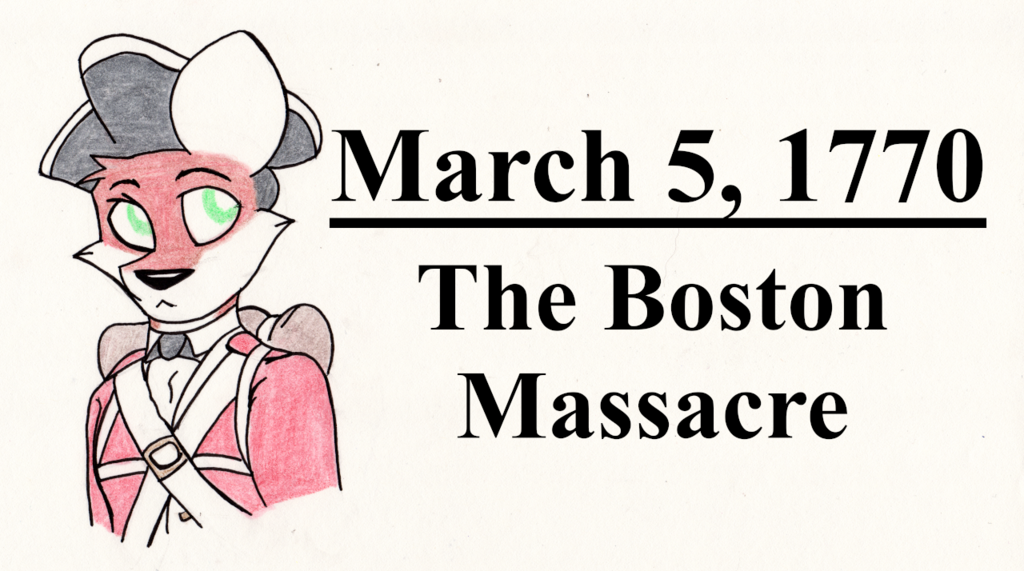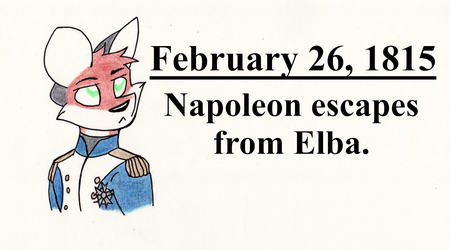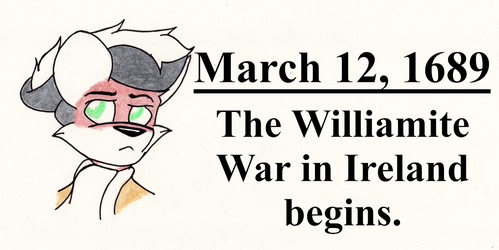Sign In
CloseOn March 5, 1770, British soldiers open fire on American civilians in the city of Boston in an event known as the Boston Massacre. The events of March 5 came about following years of growing tensions between the American colonies and the British government and crown. A great degree of anger and frustration had been building among Americans due to the British enacting taxes on key goods imported by the colonists, violations of the rights of the colonists as British citizens, and the deployment of soldiers to assist British officials in the enforcement of increasingly strict and draconian laws and policies. On the fateful day, a young British private standing guard at the Boston Customs House wound up in an altercation with a young teenager in which the boy was struck by the soldier, resulting in a crowd forming, taunting and threatening the soldier. As more men gathered in the crowd, a small band of soldiers were sent to relieve the private. As tensions continued to grow, one of the British soldiers opened fire into the crowd and soon followed by the others, killing three and wounding eight, two of whom were fatally wounded. As the crowd morphed into a riot, more soldiers were deployed and, attempting to restore some semblance of order to the city, the Acting Governor Thomas Hutchinson promised an investigation and trial if the crowd would disperse.
In the aftermath of the massacre, the regiments stationed in Boston were moved out of the city. Furthermore, the eight soldiers and their officers who were involved in the incident as well as four civilians (alleged to have fired shots from within the Customs House) were indicted on charges of murder. At the trial, lawyer and Patriot John Adams (who would go on to become one of the Founding Fathers and the second President of the United States) defended the accused in court. Six of the soldiers, their officer, and the four civilians would all be found not guilty. Two of the soldiers would be found guilty of the less-serious offense of manslaughter and would be sentenced to branding of their thumbs. The massacre itself would serve to further drive public opinion in the colonies against the British government and King George III. Tensions would continue to grow as British actions against the colonies grew harsher and American resistance mounted, culminating in open warfare with the Battles of Lexington and Concord only five years later, starting the American Revolutionary War.
Submission Information
- Views:
- 423
- Comments:
- 0
- Favorites:
- 3
- Rating:
- General
- Category:
- Visual / Traditional




